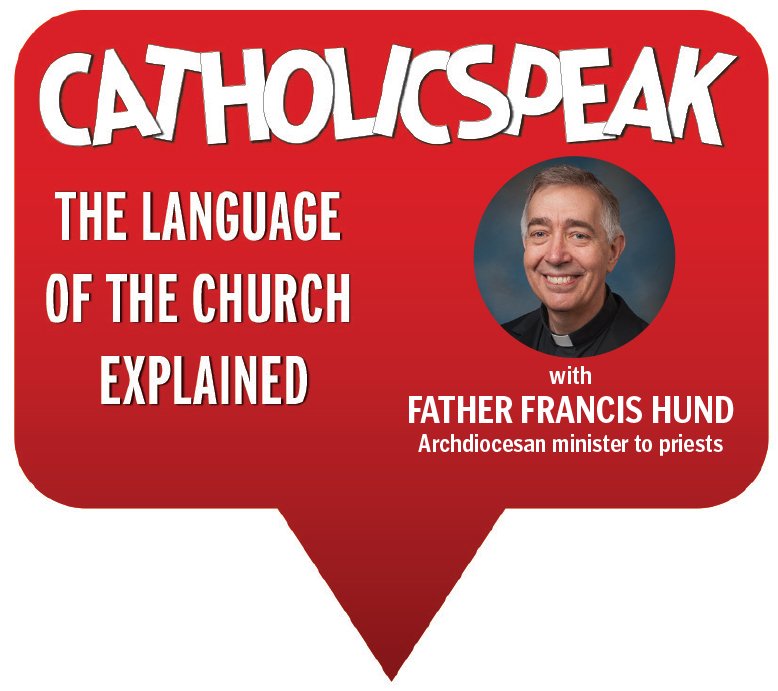
by Olivia Martin
olivia.martin@theleaven.org
KANSAS CITY, Kan. — Liturgy of the Word, Liturgy of the Eucharist, Liturgy of the Hours.
Liturgy is a common Catholic word, but what does “liturgy” mean? And what does it refer to?
Father Francis Hund, the archdiocesan minister to priests and former director of the archdiocesan liturgy office, explains to The Leaven the roots of liturgy and its uses in the Catholic Church.
Q: What is a liturgy?
“The word ‘liturgy’ means ‘the work of God’s people,’” said Father Hund. It is derived from the Greek word “leitourgia,” which means “work for the people.”
In the Catholic Church, liturgy describes all the public acts of worship that take place and draw people into the work of God.
In many ways, the liturgy is the storefront of the church — it’s through the liturgy that people grow and deepen their relationship with God.
This “work” the liturgy draws God’s people to is four-fold, explained Father Hund. It draws the faithful to praise God, give him thanks, plead for his mercy and celebrate the promise of his presence.
Q: Why do we refer to the Mass as a liturgy? Are the terms interchangeable?
“Liturgy is what we do at Mass,” said Father Hund. “The Mass contains two liturgies: the Liturgy of the Word and the Liturgy of the Eucharist.”
During the Liturgy of the Word, it is the work of God’s people to listen, digest God’s message and allow it to permeate their lives in concrete ways.
The Liturgy of the Eucharist is the moment of the Mass in which the faithful give thanks for Christ’s sacrifice. It contains four actions, said Father Hund: Take, bless, break and share.
“We take the human gifts of bread and wine and God transforms them for us [through the priest] into the gift of the body and blood of Christ,” said Father Hund.
“The Mass is the height of liturgy,” he added.
Q: What other kinds of liturgies are there?
“The Second Vatican Council reminds us that the liturgy calls us to conscious and active participation,” said Father Hund. Liturgy is divine worship, the proclamation of the Gospel and active charity.
Therefore, any gathering of Christians in which Scripture is read, where there is personal prayer and/or a sacrament is celebrated is a liturgy, said Father Hund.
So, in addition to the Liturgies of the Word and Eucharist that take place during Mass, the celebration of each of the other six sacraments is a liturgy.
A funeral service is also a liturgy, as is the Liturgy of the Hours, the prayers every priest and member of a religious community pray daily.
Q: Does the term “liturgy” only apply to Christian services? Or do Jews and Muslims have liturgies, too?
A: Yes, Jews and Muslims have liturgies insofar as their prayer is a participation in the work of God.
But the Catholic Church believes that Christians have a fuller expression of the liturgy than non-Christians. For Christians, liturgy is the work of Christ done on behalf of the people; Christians recognize in their liturgies that God became man for the salvation of the world. Because of this, Christ is the principal liturgist. The summit of liturgy lies with the Catholic Church because there Christ is physically present in the Eucharist.






